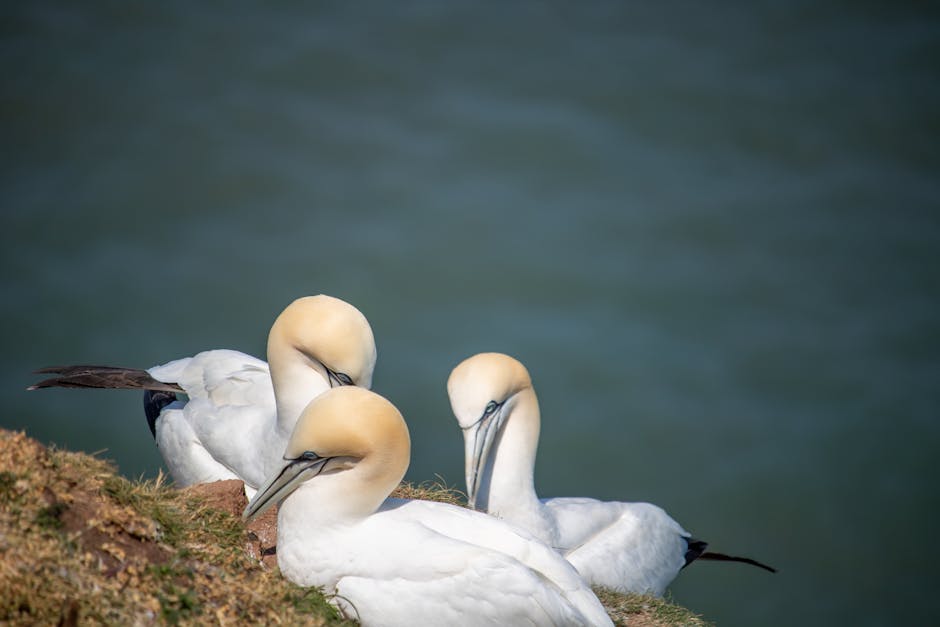Coastal ecosystems are vital components of our planet’s intricate web of life. These dynamic environments, teeming with diverse marine organisms, face escalating threats from human activities. Marine reserves, carefully managed areas within a larger marine environment, offer a crucial approach to conservation and restoration. Understanding the multifaceted benefits of these protected zones is paramount to ensuring the health and resilience of our oceans.
A fundamental advantage of marine reserves lies in their capacity to foster the recovery and growth of fish populations. Restricting fishing within these designated areas creates a sanctuary where fish can reproduce and thrive without the constant pressure of overexploitation. This effect cascades through the food web, positively impacting predator-prey dynamics and enhancing the overall biodiversity of the region. Abundant fish stocks lead to more vibrant coral reefs and kelp forests, both of which underpin the structural integrity and functioning of the entire ecosystem.
Beyond fostering fish populations, marine reserves contribute to the wider preservation of marine biodiversity. Protected areas serve as refuges for a multitude of species, from elusive sharks and turtles to colourful invertebrates. These habitats become vital nurseries for juvenile fish, where they are shielded from predation and given the space to grow. The increased densities of protected species found within marine reserves often demonstrate the benefits of undisturbed growth for the species in question. Observing these protected species allows scientists to better understand their life histories, behaviours, and vulnerabilities, thus providing crucial knowledge for broader conservation efforts.
Another significant benefit of marine reserves relates to their role as natural laboratories for scientific research. By monitoring these protected zones, marine biologists and oceanographers gain valuable insights into the intricate workings of marine ecosystems. Observing the effects of protection on trophic interactions, species distribution, and community structure allows for the development of more effective conservation strategies in adjacent areas facing similar threats. Research can focus on determining the optimal size, shape and type of marine reserve for maximum impact, thereby refining the practice of protected area management. This knowledge-gathering aspect underpins the development of evidence-based policies for marine conservation worldwide.
The benefits of marine reserves extend beyond the direct protection of marine species. Protected zones often demonstrate how healthy ecosystems can maintain themselves and provide essential services to human populations. These include improved water quality and coastal protection. Healthy coral reefs, for instance, serve as natural barriers, absorbing wave energy and mitigating the effects of coastal erosion and storm surges. The natural filtration systems inherent within these areas improve water clarity, fostering healthier conditions for fish and other organisms in the wider ecosystem. Maintaining healthy coastal ecosystems also protects human settlements and infrastructure, showcasing a link between environmental health and economic stability.
Furthermore, marine reserves are increasingly recognised as important for the livelihoods of local communities. Sustainable fisheries in the vicinity of protected areas, while limited within the reserve itself, can experience benefits from the enhanced fisheries resources found in the protected zone. This can lead to more sustainable fishing practices and improved economic opportunities for those reliant on the sea. Community involvement in the management of these reserves is crucial to ensure that the benefits are widely shared and that the areas remain effective in the long term. Local participation often leads to a deeper understanding of the interconnectedness between humans and the marine environment.
The establishment of marine reserves is not without its complexities. Balancing the conservation needs of marine life with the socio-economic demands of coastal communities is a crucial aspect of successful implementation. Careful planning and transparent stakeholder engagement are essential to ensure that reserves are created and managed in a way that benefits both biodiversity and human communities. This process often involves extensive consultation, economic impact assessments, and ongoing monitoring to ensure the reserves remain effective over time. The design and implementation of effective marine reserve systems often require significant investment in monitoring and enforcement, requiring careful consideration of the available resources.
In conclusion, marine reserves play a pivotal role in safeguarding the future of our oceans. From fostering robust fish populations and protecting biodiversity to providing critical ecosystem services and supporting local livelihoods, their benefits are multifaceted and far-reaching. By understanding and appreciating these benefits, we can work towards a future where our oceans are healthy, resilient, and capable of supporting both marine life and human communities for generations to come. Embracing the interconnectedness between marine reserves and global well-being is imperative for achieving long-term sustainability. The importance of implementing and evaluating these reserves in a manner that reflects the needs of the region, balancing conservation with local considerations, is critical.
